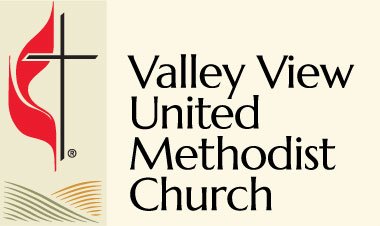God Save…
Many of you may be familiar with the American Girl books. They were rather popular when I was a child and they are an ever expanding franchise that seeks to give name and value to every American girl who ever was, is, and will be. Our ability to do what is right, make mistakes, and learn and grow. One of my favorites was Molly. Molly is a young girl who is experiencing life during World War II. She has experiences with rations, a victory garden, a star spangled spectacular, a scrap drive, and learning what the different colors of stars hanging in the windows of her family and her neighbor's homes meant. It's historical fiction that seeks to be as accurate as possible.
In the books, Emily Bennett, a girl from England, comes to stay with Molly's neighbor. And one of the first things that happens is Emily, a young lady who is very proper and refined, gets into an argument with Molly's younger brother about his model planes and how he has it wrong. Not particularly important, but it sets up conflict throughout her visit where America is "right" and England is "wrong". This sort of petty squabble for which we criticize children is not so far removed from some of how we as adults view the world particularly where our country is involved. This same attitude shows up again when someone starts to play a familiar song. Did you know that "My Country Tis of Thee" is set to the British National Anthem AKA "God Save the Queen King"? I did, but only because of these books. It's not something that comes up much.
As we prepare for Reformation Sunday (which I have called politics Sunday more than once), I found myself looking into the history of some of our patriotic songs. Especially since some have made their way into our hymnals (which is a part of an entirely different discussion about how American Christians are viewed as strange by many other believers around the world for including American-centric songs in our hymnal AND for having flags flying anywhere, especially in a sanctuary). And how so many of these songs may or may not coincide with the political party who lays the greatest claim to their meaning. Or how they were taught to us in school or by our families. Or how we interpret them to fit with our theology.
Okay, true confession, this is mostly because when I saw the person credited with the words for "The Battle Hymn of the Republic", my brain asked what else she wrote. Julia Ward Howe wrote the words for four stanzas of the hymn while Harriet Beecher Stowe write Uncle Tom's Cabin and Juliette Gordon Low founded the girl scouts. The three name thing was very common in the 1800s. I did not recognize any of the works by Howe and have not read any of them.
So, what point am I making here? People use music to teach. People use music to bolster their spirits. To unite a crowd. To remind us of the best times. To challenge. To speak out against. Songs have the meaning that YOU give them. Which is why, it is sometimes helpful to research a bit of the history. NPR produced a segment about the history of "The Battle Hymn of the Republic". If you get a chance, give it a listen. I know I learned several things from this piece. Below you'll find links to three patriotic songs that might also have ties to theology and messages we preach about who God is in the world and our purpose here as people. What meaning do you take from these songs? What did the authors intend? And how, with God's help, do you reconcile the difference?
One last note... the church I grew up in had many veterans of WWII. As such, the choir changed the lyrics to "The Battle Hymn of the Republic". You see, they had survived and made it home. They had lived. So, rather than "as he died to make men holy, let us die to make men free" it was changed to "as he died to make men holy, let us live to make men free". The truth is that living is harder. Fighting for justice is hard work. Fighting for equality and freedom and sacred human worth is work. So to honor the sacrifice of their fellow Americans, they decided to change the words and remember every time we sang the song why they were there. To live, but also to help transform the world for Christ.
